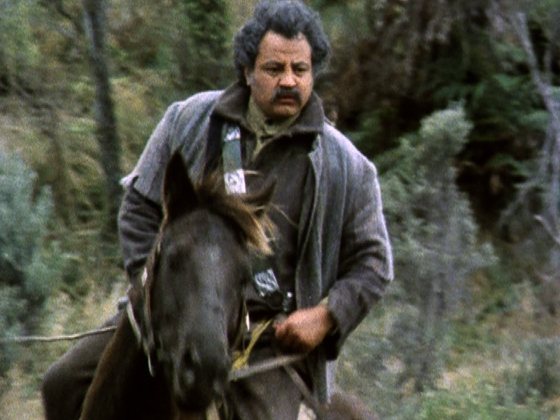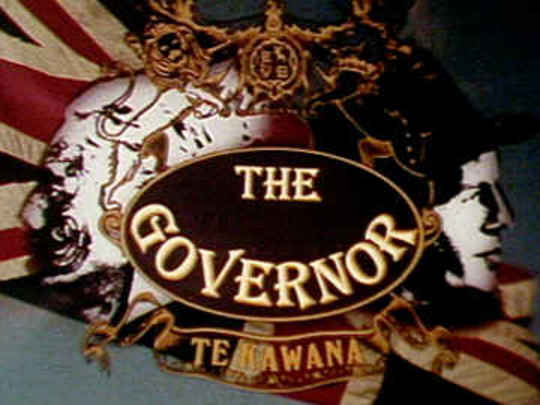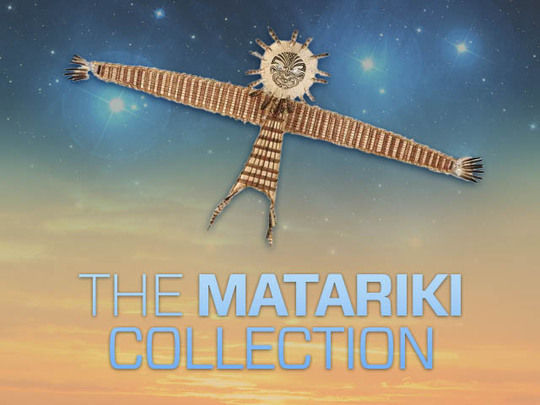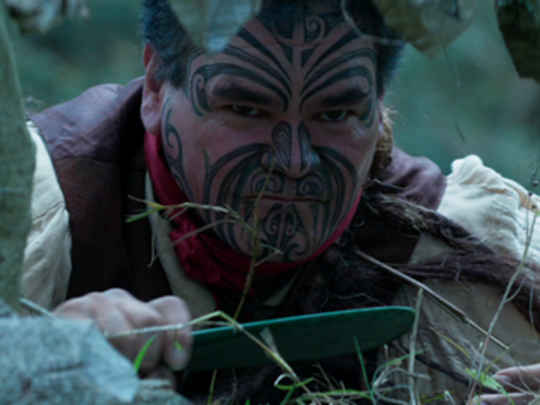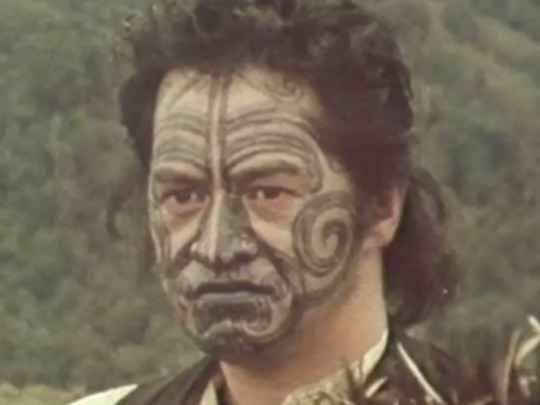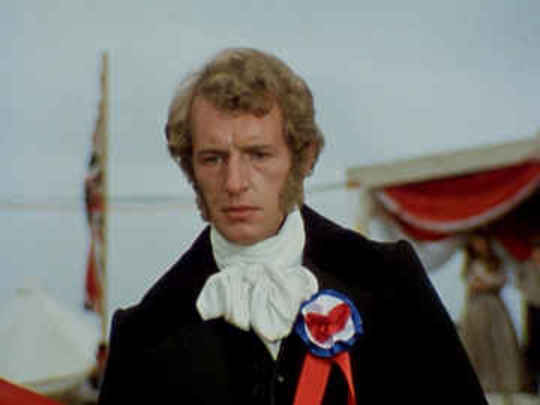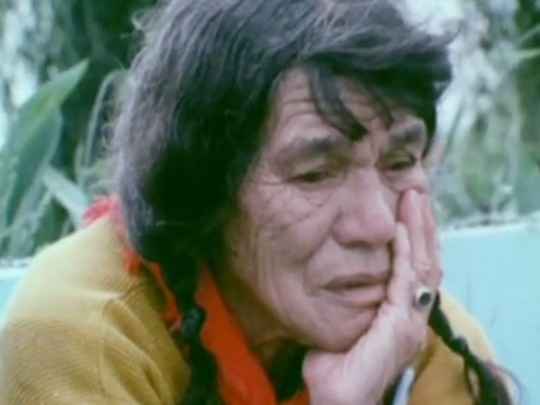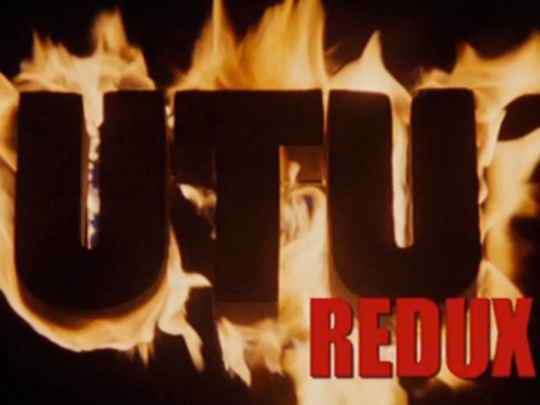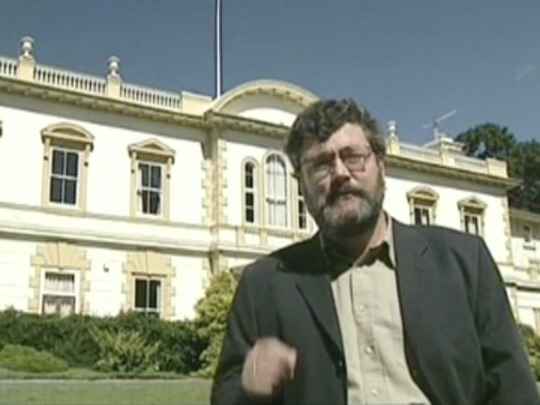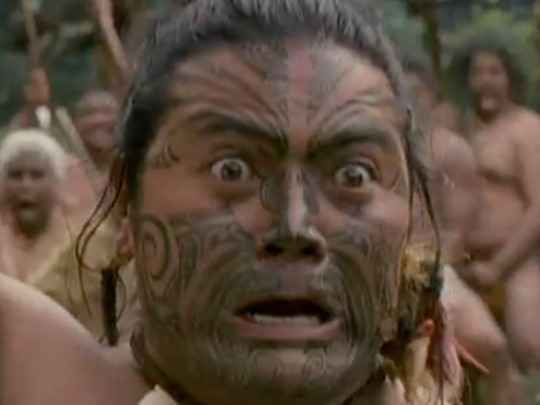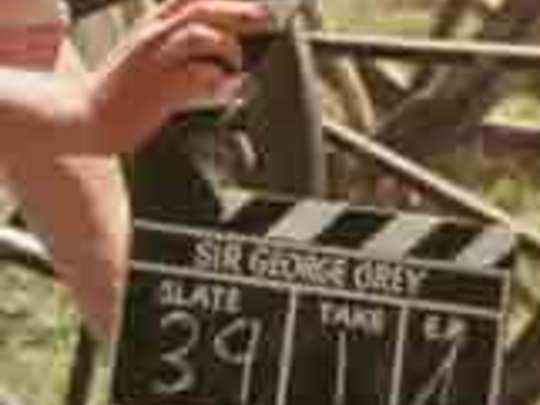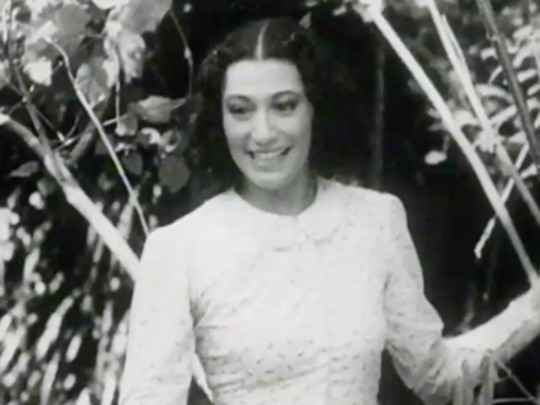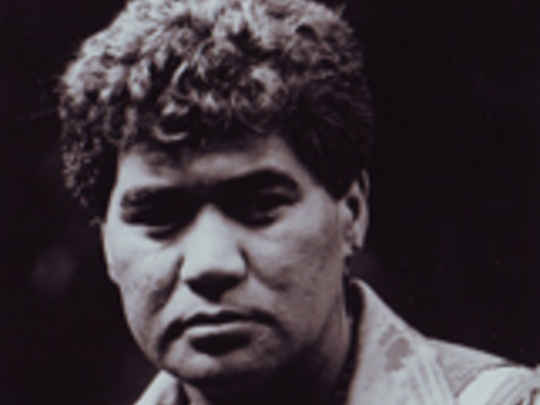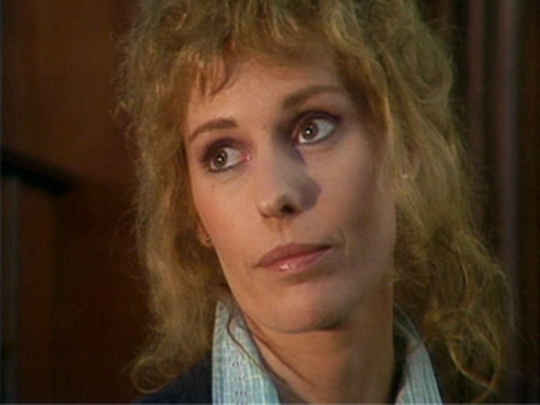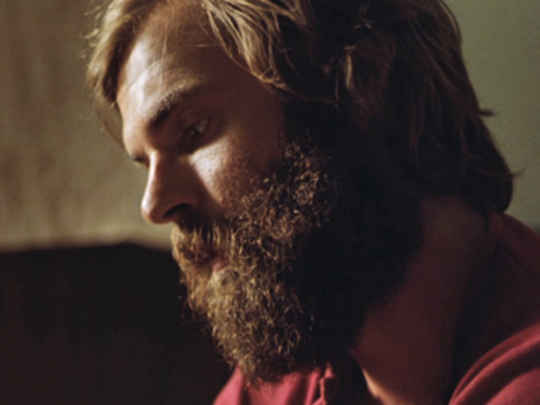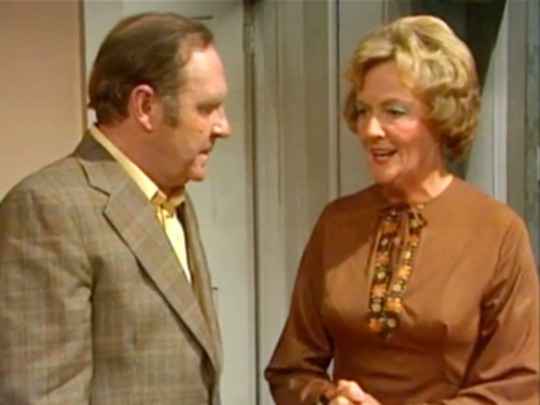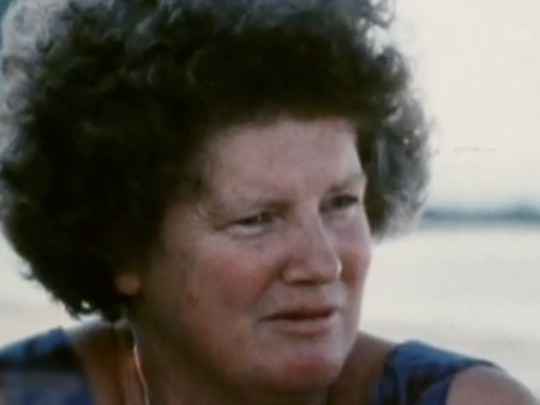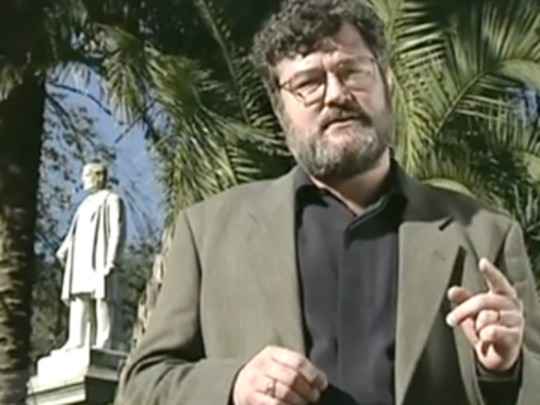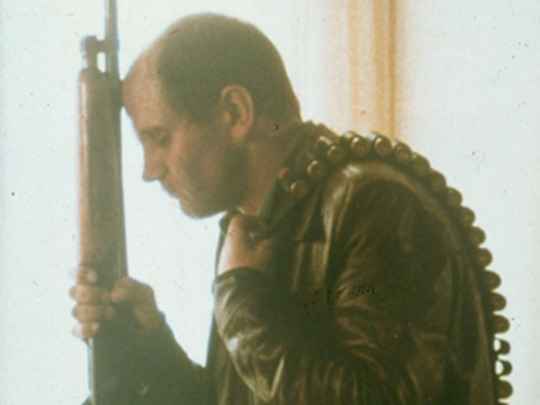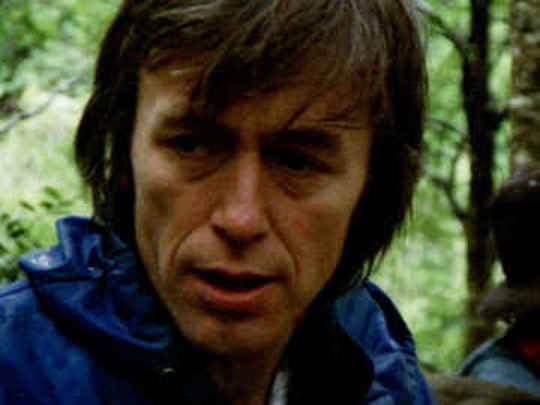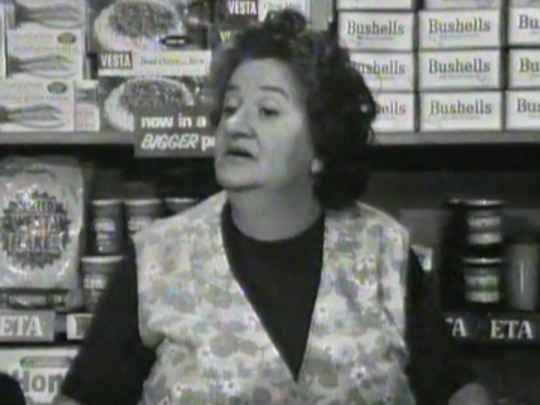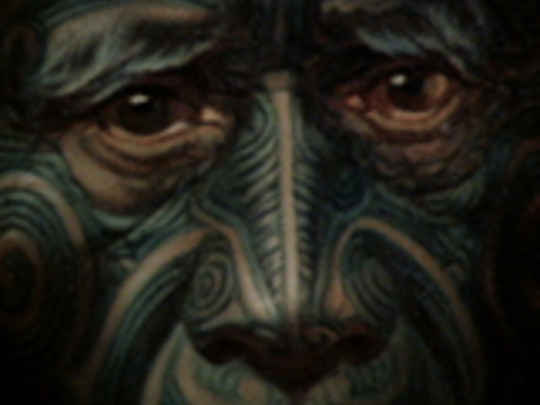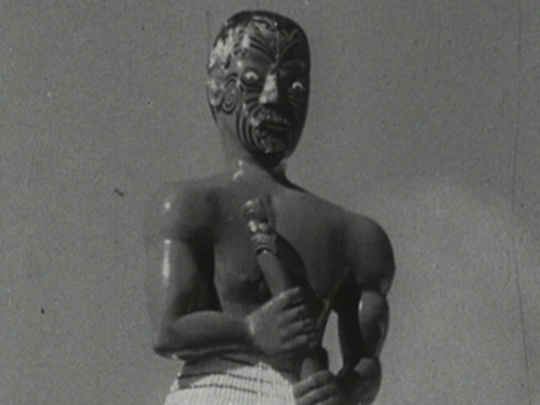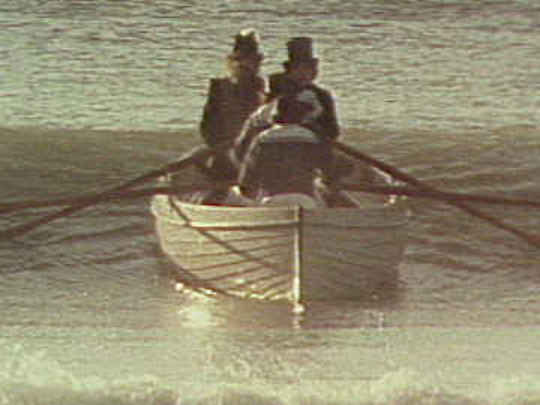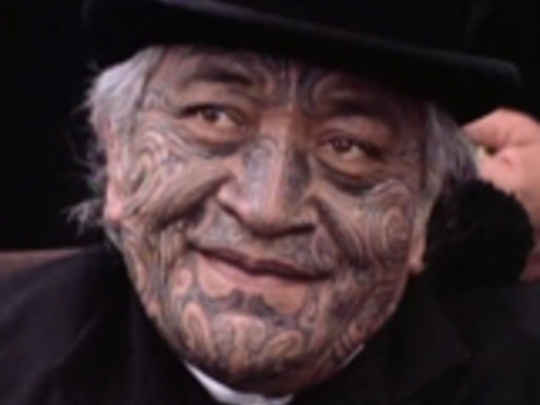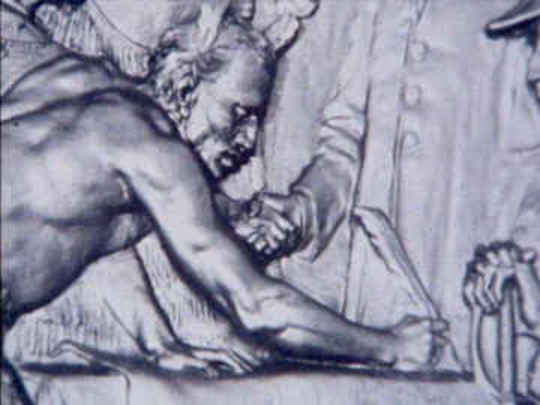It has made Māori matter. If Pākehās now have a better understanding for the Māori point of view; if the Māori, particularly the younger generation, now have a pride in their race, it stems from The Governor. Now, do you measure that in dollars?
– Auckland Star reviewer Barry Shaw on The Governor, 7 November 1977, page 6
Quite deliberately and with the arrogance of relative youth we'd set out to bring down a few flagpoles of our own. But as Heke understood, flagpole lowering has to be repeated.
– Governor writer Keith Aberdein, in his background piece or NZ On Screen (see 'background' tab under the video player)
As a fellow adulterer and master political manipulator, Muldoon may have identified with Grey.
– Governor scriptwriter Keith Aberdein, on Prime Minister Robert Muldoon’s attacks on the series (see 'background' tab under the video player)
The decision to use the Māori language was courageous, I think, part of the integrity with which this whole thing was approached. In the past it's been lip service, tokenism...
– Actor Don Selwyn on the revolutionary decision to use te reo in The Governor, The Listener, 1 October 1977, page 40
...one of the most important things that this production has done is that it has recorded a Māori point of view, a view that has never been written but has been handed down from generation to generation by our tīpuna, our living elders.
– Actor and Māori advisor Don Selwyn in The Evening Post, 21 October 1977
...we’ve looked at both sides of the the history, we’ve embraced both the European and the Māori point of view, and that’s something that has not happened before.
– Actor and Māori advisor Don Selwyn in The Evening Post, 21 October 1977
Actor Don Selwyn, who plays Wiremu Tāmihana, provided the link between the 'Grey' team and the maraes, overcoming hostility — and other cynicism — and drawing out oral history of the 1800s.
– Listener writer Hugh Nevill on Don Selwyn's many contributions to the show, 1 October 1977, page 39
Watching episode four of The Governor, 'He Iwi Ko Tahi Tatou', was a powerfully moving experience. It belied the critics and justified the series as a triumph for indigenous drama. Carping over costs was brushed aside, and the sheer merit of that episode alone was more than sufficient to balance the expenditure the series entailed.
– Writer Con O'Leary in The Listener, 3 December 1977, page 106'
Episodes such as 'He Iwi Ko Tahi Tatou' will have relevance to future generations, and if they make it more difficult for politicians to get away with hollow and time-worn cliches on Waitangi Day that will be a valid contribution too.
– Writer Con O'Leary in The Listener, 3 December 1977, page 106
The Māori actors, Don Selwyn (Wiremu Tāmihana), Kuki Kaa (Rewi Maniapoto), Bill Tawhai (Pōtatau Te Wherowhero) and others, had ngākau — theirs were riveting performances. Their total immersion in their roles uplifted and enhanced the production, made the solidly workmanlike efforts of some of the Pākehā actors seem shallow by comparison, and one suspects, transformed the original script, investing it with additional depth and subtlety.
– Writer Con O'Leary on this episode, The Listener, 3 December 1977, page 106
The thoroughness of the Māori liaison was attested to both by the production itself and the distinguished list of elders who contributed to the script.
– Writer Con O'Leary on this episode, The Listener, 3 December 1977, page 106
Someday you will have no land left to dig; the Pākehā would’ve stolen it all because men like you wouldn't fight.
– Rewi Maniapoto (Wi Kuki Kaa), early in this episode
He aha te hua mā te tangata me he toa taua, engari he toa mahi kai, he toa mau tonu.ki a Rewi Maniapoto (Wi Kuki Kaa), i te timatanga o te hōtaka.
– Wiremu Tāmihana (Don Selwyn) ki a Rewi Maniapoto (Wi Kuki Kaa), i te timatanga o te hōtaka
The warrior’s reward is death, The grower of food however brings life.
– Wiremu Tāmihana (Don Selwyn) to Rewi Maniapoto (Wi Kuki Kaa) , early in this episode
...imaginative, authentic in feeling, reminiscent of many early sketches, strikingly beautiful, varied, full of character, crammed with incident, remarkably acted by Māori and Pākehā in that order...
– Listener reviewer Richard Campion praises The Governor, 1977, month unknown
Naturally fond of devious ways and unexpected moves, he learned to keep his own counsel and to mask his intention ... so far as persons went, his antipathies were stronger than his affections, and led him to play with principles and allies. Those who considered themselves his natural friends were never astonished to find him operating against their flank to the delight of the common enemy.
– Writer William Pember Reeves describes George Grey in his 1898 book The Land of the Long White Cloud: Ao Tea Roa, page 229
Such praise for a TV programme — The Governor as a harbinger of bicultural bliss — would be unthinkable in these attention-diluted days, but [writer Barry] Shaw's zeal should be placed in context. The government had just admitted liability for land crimes (in 1975, when the Waitangi Tribunal was set up) and land march hikoi were stirring public emotions.
– Writer Paul Stanley Ward, in his background piece on The Governor (see 'background' tab under the video player)
Because the series took its documentary role very seriously, it was crucial that historical figures — especially Māori — were performed in a manner appropriate to their historical significance. Sometimes an actor from another iwi might be suggested. [Series originator Michael] Noonan recalls that there was no suitable actor from Ngāti Toa for the part of Te Rauparaha, 'but we had a perfect person [Tamahina Tinirau] for the role, so negotiations had to take place'.
– Author Annabel Cooper on efforts to make sure the 'right' people were playing each role, in her 2018 book Filming the Colonial Past - The New Zealand Wars on Screen, page 107
Don [Selwyn] resisted right till the end, he did not want to play [Wiremu] Tāmihana, he did not want to be in it, he kept saying no to Tony [Isaac] ... he was going to carry a big can anyway, particularly with his people, if things went badly wrong culturally in any way, and so he had enough of a burden ... Don was just capable of having hoped that the Māori Queen would say 'no you can't do it', which would have let him off the hook. But that was never going to happen I don't think, and he probably knew it was never going to happen, but he went through the protocol and that was good.
– Governor writer Keith Aberdein on the heavy burden actor/Māori adviser Don Selwyn took on with The Governor, quoted in Annabel Cooper's book Filming the Colonial Past - The New Zealand Wars on Screen, page 107
In May 1857, at a meeting at Paetai, near Rangiriri, there was considerable debate on the merits of a Māori king and the question of support for the governor and Queen Victoria. Tāmihana spoke strongly to express his concern for the establishment and maintenance of law and order within the tribes. He hoped that a Māori kingship would provide effective order and laws, unlike the Pākehā government, which allowed Māori to kill each other and only involved itself when Pākehā were killed.
– Writer Evelyn Stokes in her profile of Wiremu Tāmihana, Dictionary of New Zealand Biography/Te Ara website (1990, updated in 2006)
There is something very sad in the death of this patriotic chief; a man of clear, straight-forward views; sad that a man, who possessed such an influence for good, should thus have been ignored by the Government, when, by his aid, had he been admitted to our councils, a permanent good feeling might have been established between the two races.
– Missionary Richard Taylor writes about Wiremu Tāmihana, as quoted in Evelyn Stokes profile of Tāmihana, Dictionary of New Zealand Biography/Te Ara website (1990, updated in 2006)
